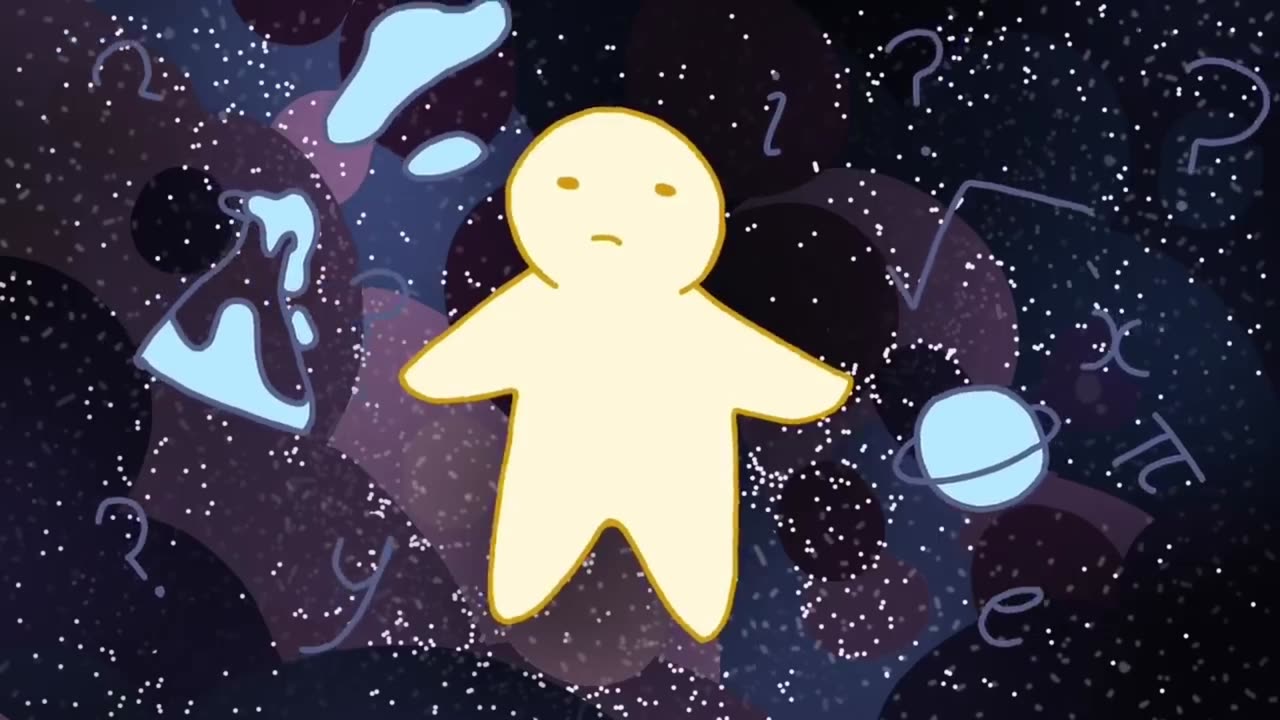Premium Only Content

8 Struggles of Being a Highly Intelligent Person
Being highly intelligent is often seen as a blessing and a curse. On one hand, highly intelligent people are adept at grasping complex ideas, solving problems, and creating innovations. On the other hand, they also face many struggles that only they can understand. Here are eight of them:
They feel lonely and misunderstood: Highly intelligent people tend to have a different perspective and worldview than most people. They may find it hard to relate to others who do not share their interests, values, or goals. They may also feel isolated or alienated from their peers, family, or society. They may have difficulty finding friends or partners who can match their intellectual level and stimulate their mind.
They have high expectations and standards. Highly intelligent people are often perfectionists who strive for excellence in everything they do. They may have unrealistic or unattainable goals that cause them stress and frustration. They may also be very self-critical and harsh on themselves when they make mistakes or fail to meet their own expectations. They may have trouble accepting their flaws or limitations, or being satisfied with their achievements.
They get bored easily and crave stimulation. Highly intelligent people have a thirst for knowledge and a curiosity for learning new things. They may get bored with routine tasks, mundane activities, or repetitive information. They may seek novelty, variety, and challenge in their work, hobbies, or relationships. They may also have a short attention span and a tendency to multitask or switch between different projects. They may have difficulty staying focused or committed to one thing for a long time.
They overthink and overanalyze everything. Highly intelligent people have a powerful and active mind that can process a lot of information and generate a lot of ideas. However, this can also lead them to overthink and overanalyze everything, from trivial matters to major decisions. They may have trouble making choices, trusting their intuition, or letting go of things. They may also worry too much about the future, the past, or the consequences of their actions. They may suffer from anxiety, depression, or insomnia as a result of their overthinking.
They are misunderstood by others. Highly intelligent people are often misjudged by others who do not understand them or appreciate their intelligence. They may be labeled as arrogant, aloof, nerdy, weird, or boring by those who feel intimidated or threatened by them. They may also face discrimination, prejudice, or envy from those who resent their success or achievements. They may have to deal with stereotypes, expectations, or pressures that are imposed on them by society or culture.
They struggle with emotions and relationships. Highly intelligent people are often more rational than emotional in their thinking and behavior. They may have difficulty expressing, understanding, or managing their own emotions or those of others. They may also have trouble forming or maintaining meaningful relationships with other people who do not share their intellectual interests or values. They may find it hard to communicate effectively, empathize genuinely, or compromise willingly with others. They may also be prone to loneliness, isolation, or detachment from others.
They face existential crises and questions. Highly intelligent people are often more aware of the complexity and uncertainty of life and the world than most people. They may question the meaning and purpose of their existence, the nature and origin of reality, the morality and ethics of their actions, or the fate and destiny of humanity. They may also seek answers to these questions through philosophy, religion, science, or art. They may face existential crises and dilemmas that challenge their beliefs, values,
-
 1:17:59
1:17:59
Sarah Westall
4 hours agoDOGE: Crime & Hysteria bringing the Critics & the Fearful - Plus new CDC/Ukraine Crime w/ Dr Fleming
10.1K2 -
 45:39
45:39
Survive History
9 hours ago $0.33 earnedCould You Survive in the Shield Wall at the Battle of Hastings?
6.49K5 -
 1:50:28
1:50:28
TheDozenPodcast
8 hours agoViolence, Abuse, Jail, Reform: Michael Maisey
13.4K1 -
 23:01
23:01
Mrgunsngear
1 day ago $2.94 earnedWolfpack Armory AW15 MK5 AR-15 Review 🇺🇸
29.3K12 -
 25:59
25:59
TampaAerialMedia
1 day ago $0.72 earnedUpdate ANNA MARIA ISLAND 2025
13.1K1 -
 59:31
59:31
Squaring The Circle, A Randall Carlson Podcast
10 hours ago#039: How Politics & War, Art & Science Shape Our World; A Cultural Commentary From Randall Carlson
10.4K2 -
 13:21
13:21
Misha Petrov
10 hours agoThe CRINGIEST Thing I Have Ever Seen…
9.2K36 -
 11:45
11:45
BIG NEM
6 hours agoWe Blind Taste Tested the Best Jollof in Toronto 🇳🇬🇬🇭
5.02K -
 15:40
15:40
Fit'n Fire
9 hours ago $0.13 earnedArsenal SLR106f & LiteRaider AK Handguard from 1791 Industries
4.23K1 -
 8:34
8:34
Mike Rowe
6 days agoWhat You Didn't Hear At Pete's Confirmation Hearing | The Way I Heard It with Mike Rowe
42.4K19